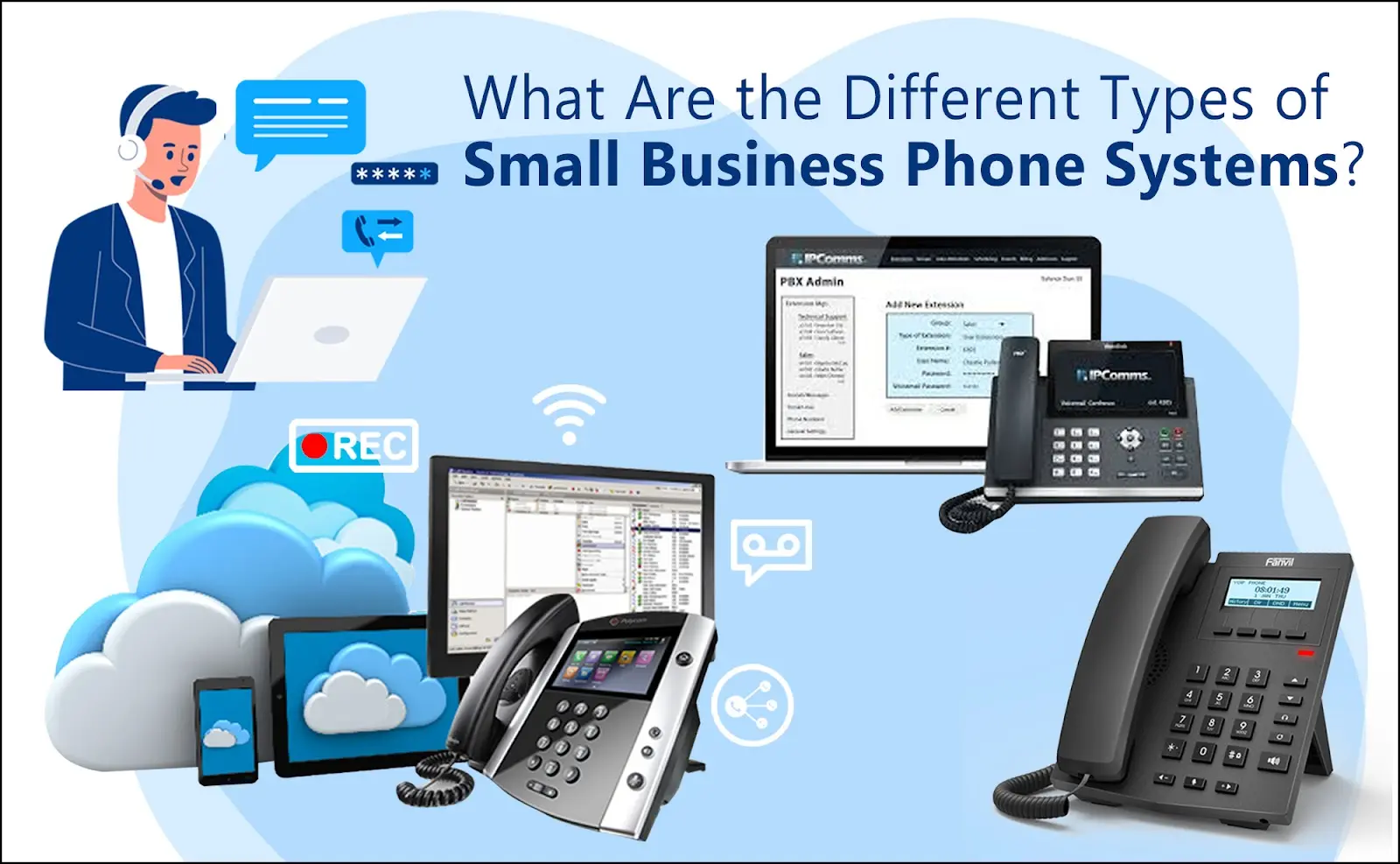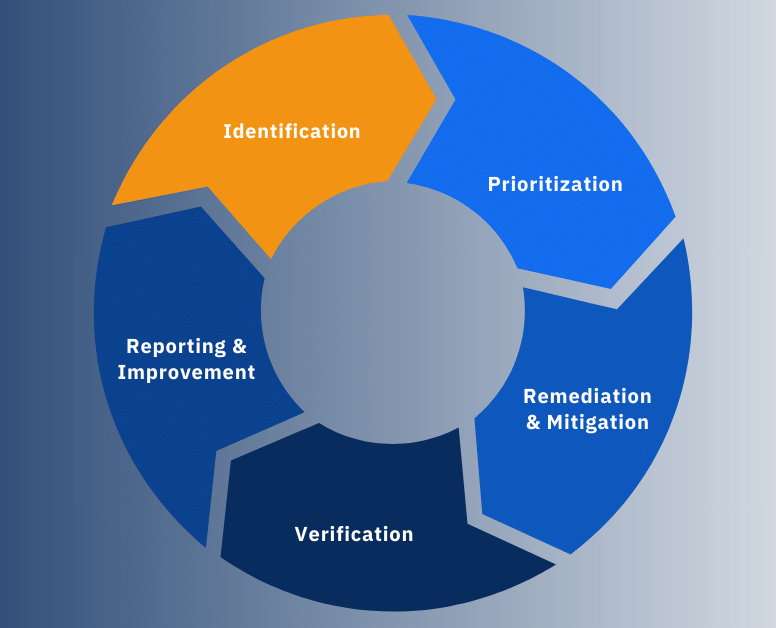Small Business Digital Phone Systems: A Complete Guide
For small businesses, investing in a small business digital phone system can revolutionize communication, streamline workflows, and improve customer interactions. These systems leverage digital technology to provide advanced features like VoIP calling, auto-attendants, and seamless integrations, making them a vital tool for modern businesses aiming to enhance productivity and professionalism.
What Are Small Business Digital Phone Systems?
Small business digital phone systems use modern technologies, such as VoIP (Voice over Internet Protocol), to handle business communication. Unlike traditional analog systems, digital phone systems offer a wide range of advanced features, improved scalability, and cost-efficiency, catering specifically to the needs of small and medium-sized businesses.
Key Features of Digital Phone Systems
1. Voicemail-to-Email
Receive voicemail messages directly in your email inbox for quick and convenient access.
2. Auto-Attendants
Provide a professional greeting and route callers to the appropriate department automatically.
3. Call Analytics
Track call volume, duration, and other metrics to optimize communication strategies.
4. Unified Communication
Integrate calls, video meetings, and messaging into one platform for better collaboration.
5. Scalability
Easily add new lines and features as your business grows.
Benefits of Small Business Digital Phone Systems
- Cost Savings: VoIP systems reduce costs compared to traditional landlines, especially for international calls.
- Flexibility: Employees can make and receive calls from any device, whether in the office or remote.
- Enhanced Customer Service: Features like auto-attendants and call queuing improve customer interactions.
- Increased Productivity: Unified communication tools enable seamless collaboration among teams.
- Future-Proofing: Digital systems are easily updated to include the latest technologies.
Comparison of Digital Phone Systems for Small Businesses
| Feature | Traditional Systems | VoIP-Based Digital Systems | Cloud-Based Digital Systems |
|---|---|---|---|
| Setup Cost | High | Moderate | Low |
| Maintenance Requirements | Frequent, manual | Minimal | Managed by the provider |
| Flexibility | Limited to office location | Highly flexible | Extremely flexible |
| Advanced Features | Few | Many (video, integrations) | Extensive |
| Scalability | Difficult | Easy | Very easy |
Challenges of Digital Phone Systems
- Internet Dependency: VoIP and cloud-based systems require a stable internet connection for optimal performance.
- Initial Setup: Transitioning from traditional systems may involve setup costs and staff training.
- Security Risks: Digital systems are vulnerable to cyber threats, requiring robust security measures.
How to Choose the Best Digital Phone System for Your Small Business
- Assess Your Needs: Identify the features you need, such as call forwarding, conferencing, or mobile integration.
- Consider Your Budget: Look for solutions that provide value without exceeding your budget.
- Evaluate Internet Requirements: Ensure your internet connection can support VoIP or cloud-based systems.
- Check Provider Reputation: Opt for a reliable provider with strong customer support and positive reviews.
- Scalability: Choose a system that can grow with your business.
Why Small Businesses Should Switch to Digital Phone Systems
Small business digital phone systems are essential in today’s competitive market. Their advanced features, cost-efficiency, and flexibility make them a superior choice over traditional systems. By adopting digital technology, businesses can improve customer communication, enhance collaboration, and position themselves for future success.
Explore

Small Office Phone System: Choosing the Best Communication Solution

How to Get a Medicare Advantage Plan: Complete Guide for 2024 & 2025

Guide To Finding The Right Warehouse Management Systems For Small Businesses

How Small Businesses Can Leverage AI in Communication Systems

The Best Cell Phone Plans

Vulnerability Management in Cyber Security: Protecting Your Systems from Threats

The Top PPC Agencies: Pioneering Digital Advertising Excellence

Top 10 Best Digital Marketing Agencies in USA
